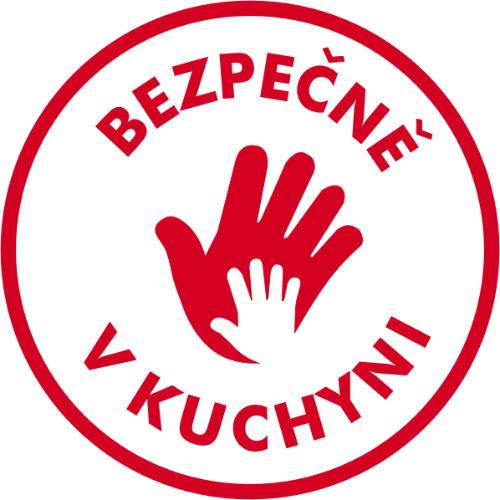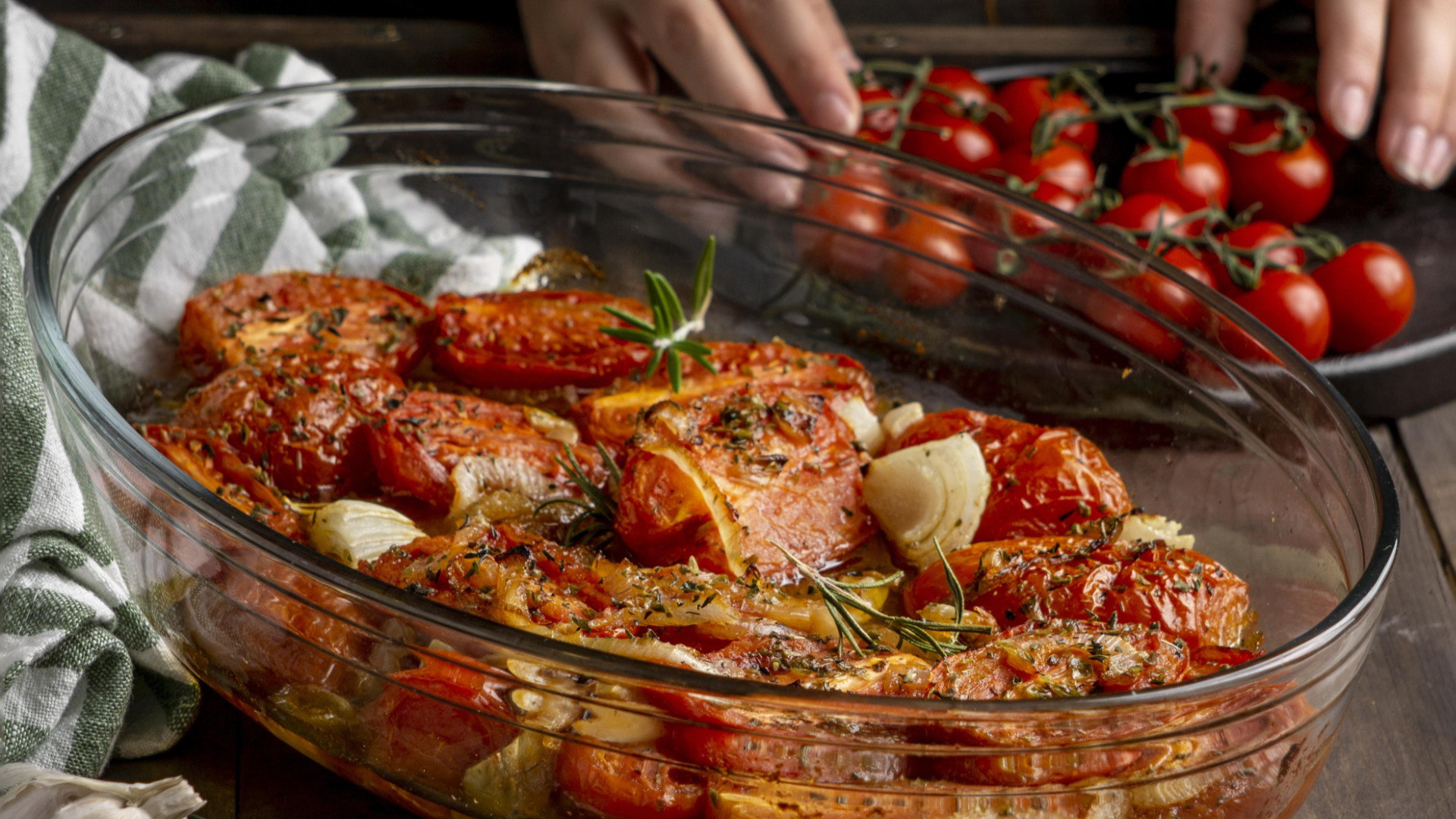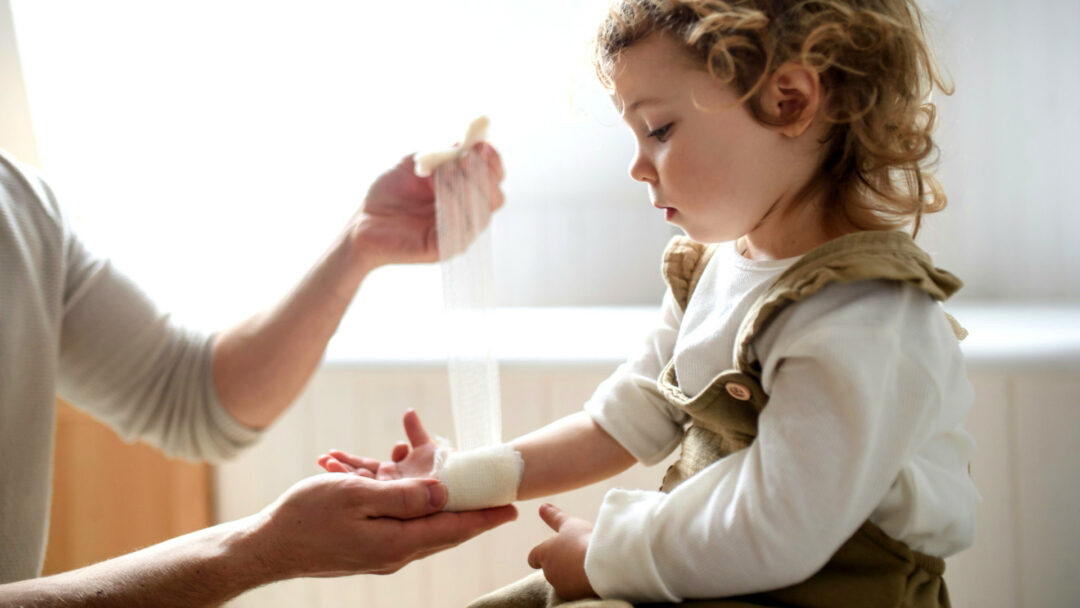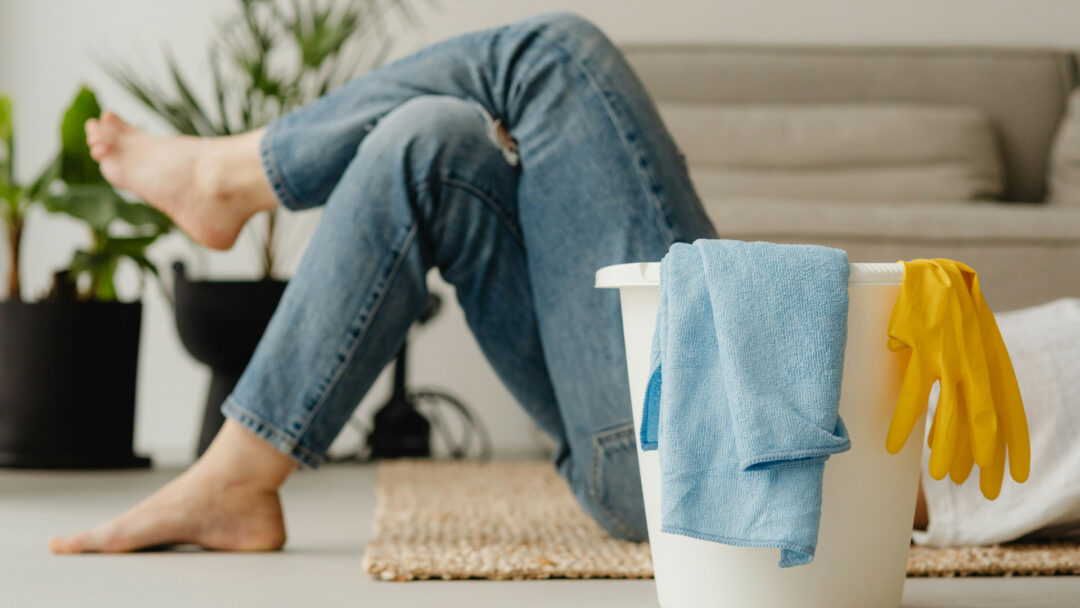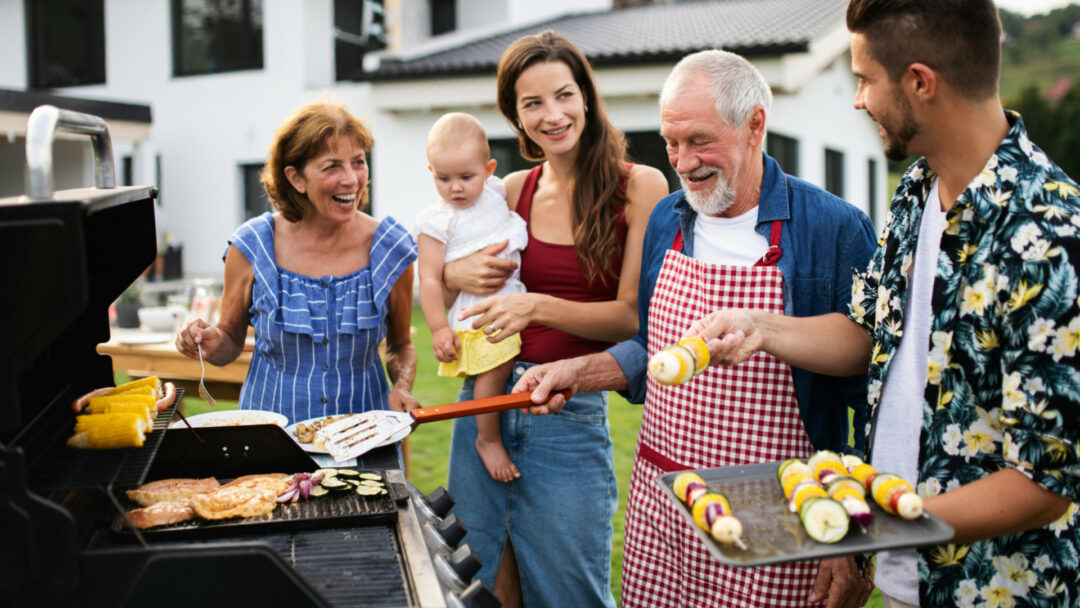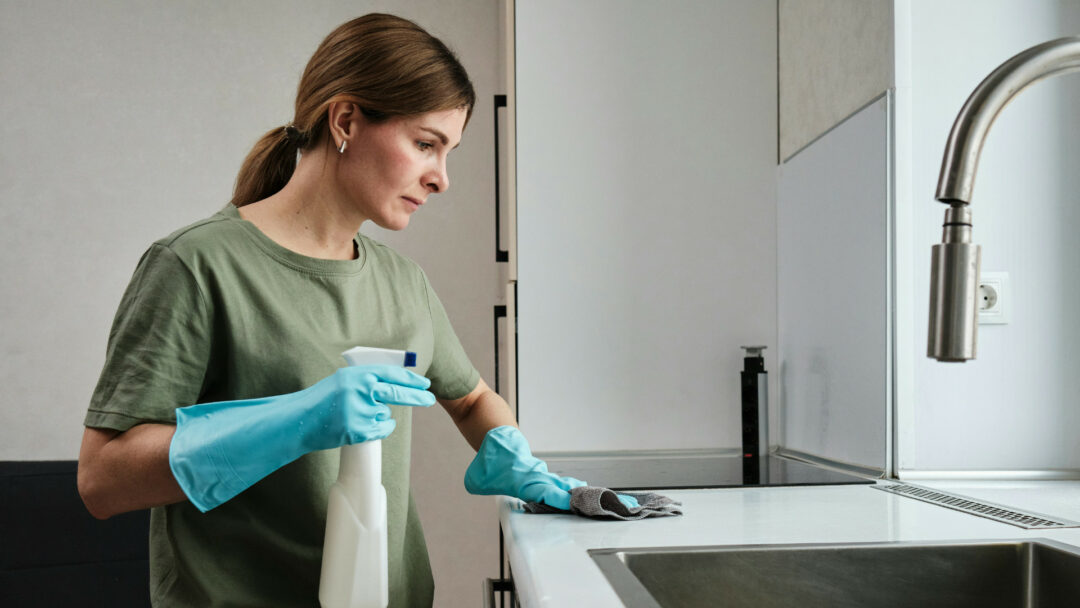There are two types of heat-resistant glass, which the manufacturer states are suitable for cooking or baking and can withstand higher temperatures – thick-walled baking dishes and casseroles, and thin-walled containers made of blown glass, such as kettles or even pots.
Glass containers have their advantages – they are highly hygienic, ensure health safety, allow us to monitor the baking process well due to their transparency, and are easy to clean. However, they also have their BUTs! Glass can crack due to excessive pressure, abrasion, or impact.
Therefore, handle the dishes carefully, never use them if damaged, and do not repair them. We cannot fully recommend them for households with small children. For the safe use of glass containers, follow a few of the following rules:
- Glass containers can crack due to a sudden change in temperature. Always adhere to the principle of gradual heating and cooling when using them.
- Never place hot glass containers on a cold or damp surface.
- Do not pour completely cold liquid when baking.
- Never place a glass container taken out of the refrigerator on a hot burner.
- Thick-walled and thin-walled glass containers should never be placed on a direct flame. Always use a special burner – a flame diffuser. It is a rule that glass containers can only be placed on a larger burner than the bottom of the container.
- Do not use glass containers for freezing liquid foods such as soups, sauces, or drinks.
- When removing dishes from the oven, focus and use quality kitchen gloves. Glass containers are slippery, and the surface is extremely hot. Always hold the container as far away from your body as possible and keep in mind that it is very, very fragile.
- Warn children that the surface of the container is very hot. Freshly baked lasagna looks very tempting, but you cannot tell from the glass that the container might have a temperature of two hundred degrees.
- Keep in mind that thick-walled glass containers retain heat for a long time, and the surface can remain hot much longer than a regular pot.
- Do not use coarse sand or scrapers for cleaning, as they would damage the surface and structure of the glass.
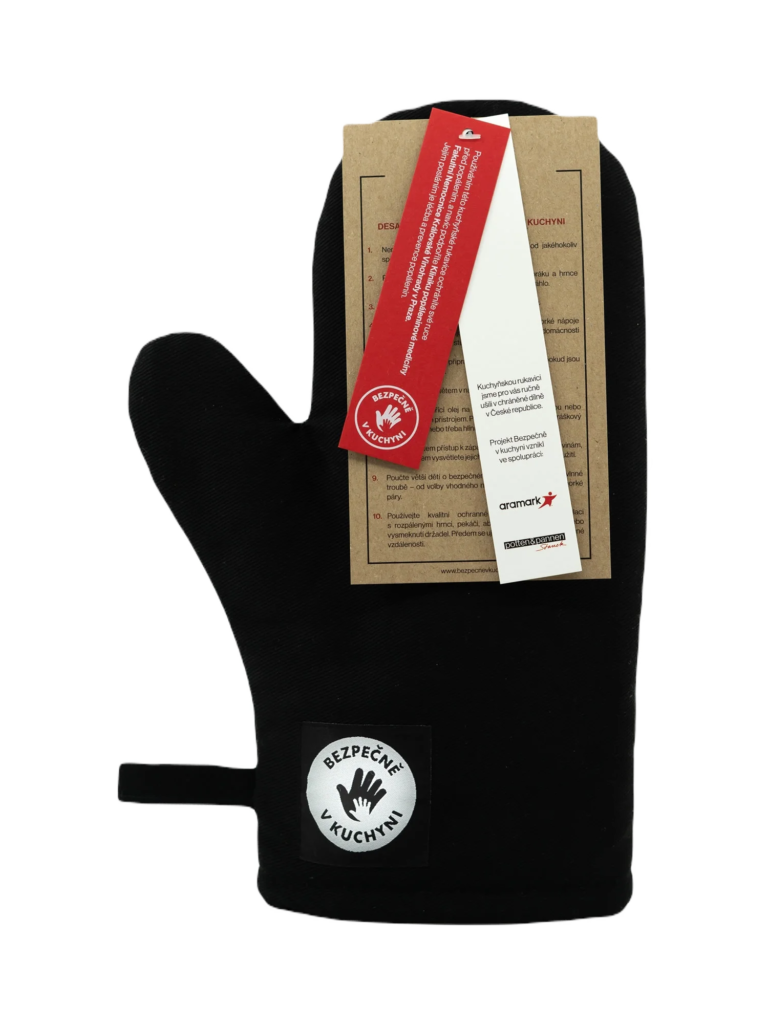
Buy a charity potholder and support a good cause
By using this kitchen glove, you will protect your hands from burns and you will also support the Burn Medicine Clinic of the Královské Vinohrady University Hospital in Prague. Its mission is the treatment and prevention of burns.
